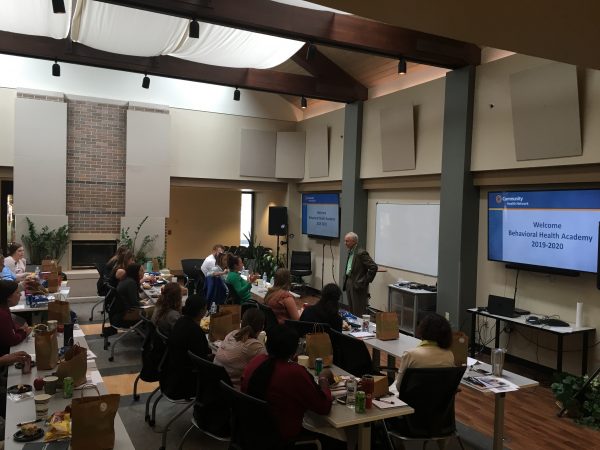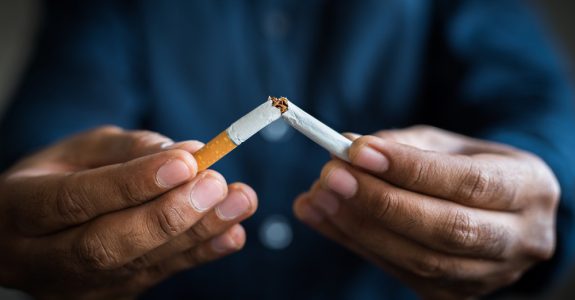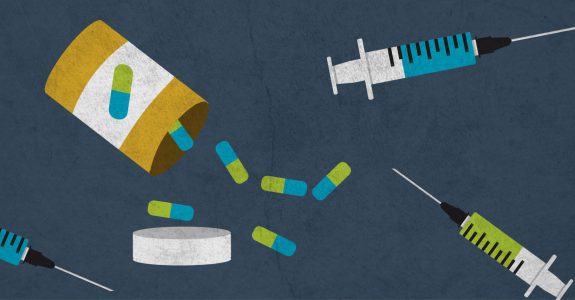Community Health Network (CHN), one of Indiana’s largest healthcare systems, is the largest provider of behavioral health in Central Indiana. High demand for opioid use dependency treatment in Indiana – particularly during the COVID-19 pandemic – and an insufficient supply of healthcare workers trained in addiction – has revealed a critical gap in Indiana’s ability to care for those with co-occurring behavioral health and substance use disorders (SUDs).
That realization led to a partnership between CHN, Ascend Indiana, Indiana University and the University of Indianapolis. With the help of $376,000 in funding from the Richard M. Fairbanks Foundation, they worked to create the Behavioral Health Academy™, a talent pipeline that provides students with the necessary training to enter a career in which they are equipped to treat both behavioral health concerns and substance use disorder.
“We’ve already seen that the interns going through our Academy and who have graduated feel far more confident working with individuals when they come in with co-occurring disorders,” said George Hurd, Vice President of Behavioral Health Services at CHN. “They don’t question their skills or their ability. We feel very confident in our Behavioral Health Academy™ students that when they graduate, they will be workforce ready to deal with the most complex cases we have.”



